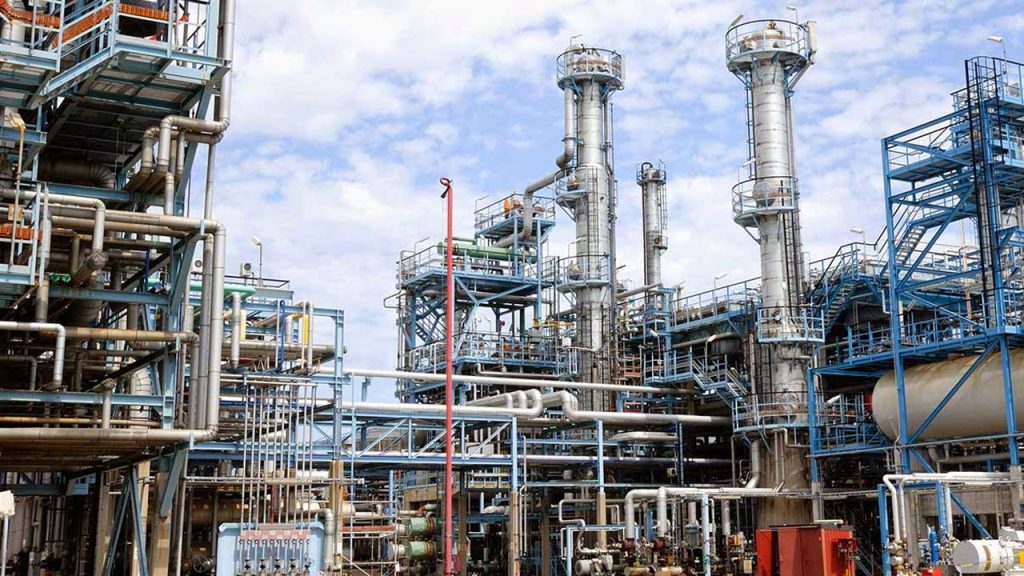The Crude Oil Refinery-owners Association of Nigeria (CORAN) has appealed to the Federal Government to bolster local refineries by providing them with production and processing assets. This, they argue, is vital for the refineries to sustain operations and thrive in the challenging oil sector.
Speaking to Nairametrics, CORAN’s Publicity Secretary, Eche Idoko, highlighted the ongoing struggle of local refineries to secure crude oil supplies. This challenge stems from Nigeria’s inadequate crude production levels and a lack of investment in both the upstream and downstream sectors.
Idoko lamented that only a few refineries had managed to benefit from the Naira-for-crude arrangement introduced last year by the Federal Executive Council. The Nigerian National Petroleum Company Limited (NNPCL) has struggled to meet its supply obligations under the scheme, which was intended to provide local refineries with 450,000 barrels of crude oil daily.

Idoko stressed that even if NNPCL wished to assist local refineries, Nigeria’s crude production levels are insufficient to meet both domestic demand and export commitments. He explained that the nation’s crude output has suffered due to reduced investment in production, exacerbated by divestments from International Oil Companies (IOCs).
Despite improvements in downstream investments, Idoko emphasised that boosting crude production must remain a top government priority.
CORAN has urged the government to aggressively increase crude production while offering support to local refineries through assets and easier access to feedstocks. Idoko suggested that strategic government investment in production and refining assets could significantly enhance the viability of private refineries.
According to OPEC, Nigeria produced an average of 1.48 million barrels of crude oil per day (bpd) in 2024—an improvement from previous years but still below its 1.5 million bpd quota. President Bola Tinubu has set an ambitious target to raise production to 2.6 million bpd by the end of 2025. However, this goal is uncertain, given persistent challenges such as crude oil theft, vandalism, and insufficient investment in the sector.


